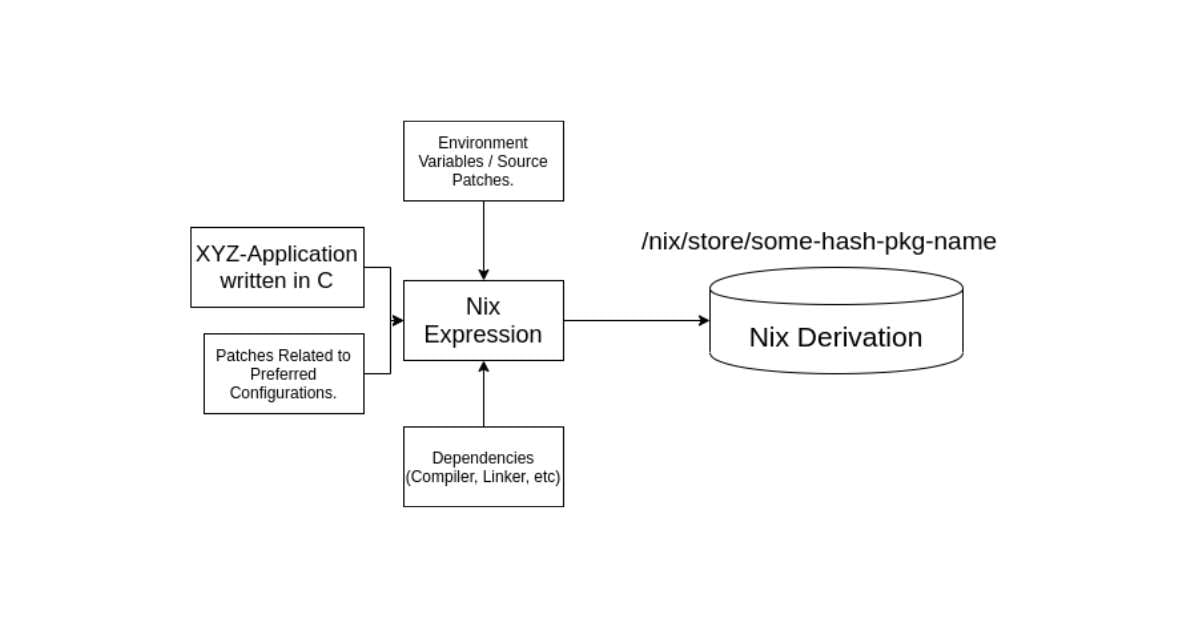This month AMD are shaking things up by re-entering the competitive high-performance AI training processor market, and their ‘Ryzen AI’ models are showing real promise. In this article we’ll discuss what innovations and features make these chips so interesting, and look at how they stack up to competitors. AMD don’t just stop at hardware, they are also rolling out first-party tools to guide users in selecting the right components based on their AI performance. On top of this, we’ll show you an unexpected hack that can greatly improve the training times of your AI workloads - and it’s nothing to do with swapping out your hardware.
AMD are offering the Ryzen 9 7950X3D, which offers competitive performance in AI training workloads including Geekbench AI. We’ll discuss what makes this CPU compelling for AI researchers and data scientists, and speculate on how its competitors may respond to this shake-up in the market.
Something that may be on the mind of anyone using Windows for AI development is whether AMD or Intel is the best choice for their CPU. This isn’t just a case of looking at benchmark numbers or individual AI workloads: the power consumption, heat dissipation, power pricing, and motherboard costs can also weigh heavily on your decision. Let’s try to boil this down to some simple, tangible factors to address the question of whether you should choose AMD or Intel for your AI workloads.
Before we dive in, some of you might be looking at your current kit and wondering how to get a performance boost for your AI workloads without breaking the bank. A hack exists which may give surprising improvements to your CPU-bound AI code without breaking the bank, and it is nothing to do with swapping out your CPU or adding a graphics card. It might sound simple, but many users are unaware of it. Read on to find out how this works.


 Photo by
Photo by 










